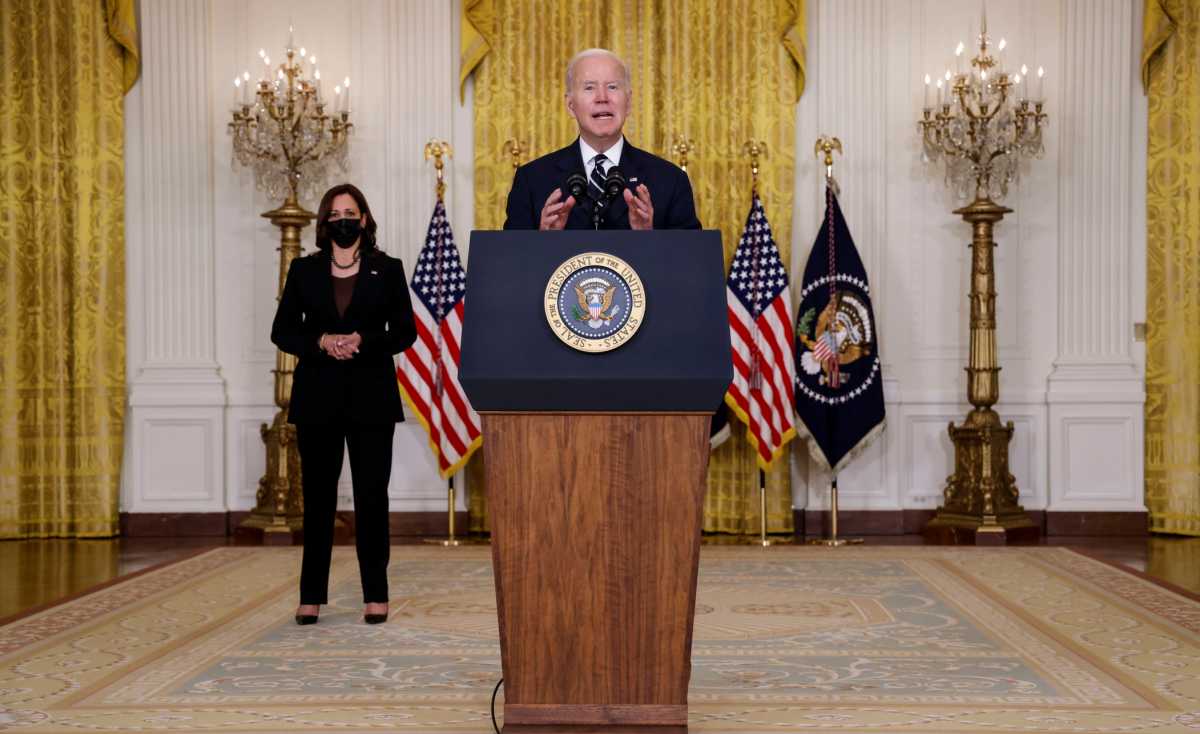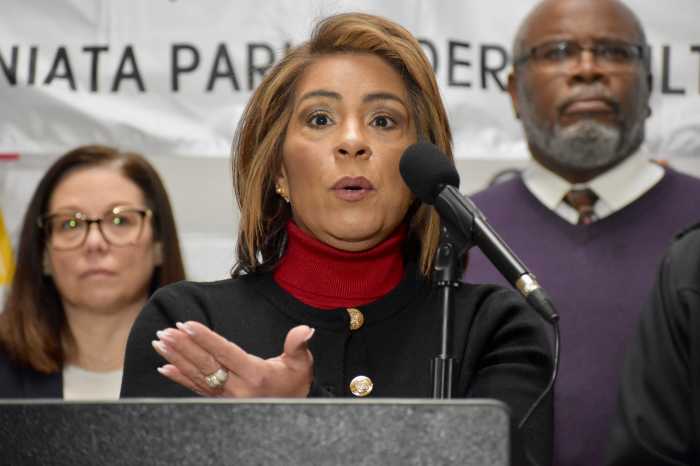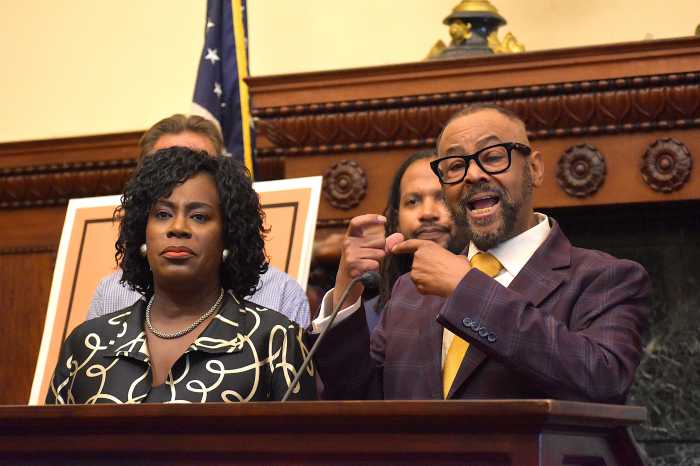By Trevor Hunnicutt and Richard Cowan
U.S. President Joe Biden on Thursday unveiled a $1.75 trillion economic and climate change plan that he said unified Democrats then was quickly rebuffed by members of his own party.
“We have a historic economic framework” that will create jobs and make the United States more competitive, Biden said after a last-minute trip to Congress to convince reluctant progressives to support the spending plan. He then departed for a summit of leaders from the Group of 20 countries in Italy.
He left behind a U.S. Congress bubbling with conflicts and unanswered questions, but one that seemed to be inching towards votes on his economic agenda, perhaps within days.
How, exactly, it could come together remained a puzzle.
It was unclear whether moderate Democrats who want a related bipartisan $1 trillion infrastructure bill passed first are on board. Some progressive Democrats will only vote for the infrastructure bill with the more complicated spending measure, and multiple lawmakers would like to see changes to Biden’s framework.
It was also unknown whether a handful of House Republicans were still committed to vote for the bipartisan bill, or if it even matters. House of Representatives Speaker Nancy Pelosi discussed plans to hold a vote on Thursday on the infrastructure bill, and the House Rules Committee released a preliminary text of the 1,684-page bill.
“So we’re on a path to get this done,” Pelosi said. “But for those who said I want to see text, the text is there. For you to review, for you to complain about, for you to add to or subtract from, whatever it is.”
The fight over $2.75 trillion in spending that could shape the U.S economy for years to come will play out in coming days with Biden, who has been heavily involved in negotiations, thousands of miles away. He won’t return to the Washington until Wednesday.
In a meeting with House Democrats on Thursday, Biden pleaded for their support, according to a person familiar with the matter.
“I need you to help me; I need your votes,” the person quoted Biden as saying. “I don’t think it’s hyperbole to say that the House and Senate (Democratic) majorities and my presidency will be determined by what happens in the next week.”
Biden ran for president on a promise to curb growing inequality in America, using education and social spending paid for by companies and the rich. He vowed to depart from Republican tax-cutting including a 2017 tax reduction under his predecessor, Donald Trump.
The president had hoped to reach an agreement before the Rome summit, where a global minimum tax will be high on the agenda, and a climate conference in Glasgow, where Biden hopes to present a message that the United States is back in the fight against global warming.
“Not everyone got everything they wanted, not even me,” Biden conceded in his White House remarks. “But that’s what compromise is. That’s consensus. And that’s what I ran on.”
U.S. Representative Pramila Jayapal, who chairs the Congressional Progressive Caucus, said the group would need to see any text of a spending bill before promising to vote on the infrastructure legislation.
The White House said the larger spending plan framework Biden presented on Thursday would be fully paid for by repealing certain tax rebates passed under Trump and imposing surcharges on corporate stock buybacks and the earnings of the wealthiest Americans.
The framework includes $555 billion in spending for climate initiatives and six years of preschool funding among other top agenda items.
But it does not include paid family leave or a tax on billionaires. Some influential lobby groups and constituencies were angered by the absence of key Biden administration pledges.
“We are outraged that the initial framework does not lower prescription drug prices,” AARP, an advocacy organization for the elderly, said in a statement.
The absence of paid leave, Democrats noted, leaving the United States as the only rich country and one of the few nations in the world that doesn’t provide maternity leave.
“The deal isn’t done until the Senate acts.. this is not done,” Senator Ron Wyden, an advocate of paid family leave, said.
Some Republicans support the infrastructure measure but most lawmakers in that party oppose both bills, and Biden can only afford to lose three votes in the House to get either passed.
In addition to their slight majority in the House, Democrats only narrowly control the Senate, with U.S. Vice President Kamala Harris holding the tie-breaking vote, meaning legislation must win support across a wide swath of progressives and more moderate members of the party.
Reuters






























